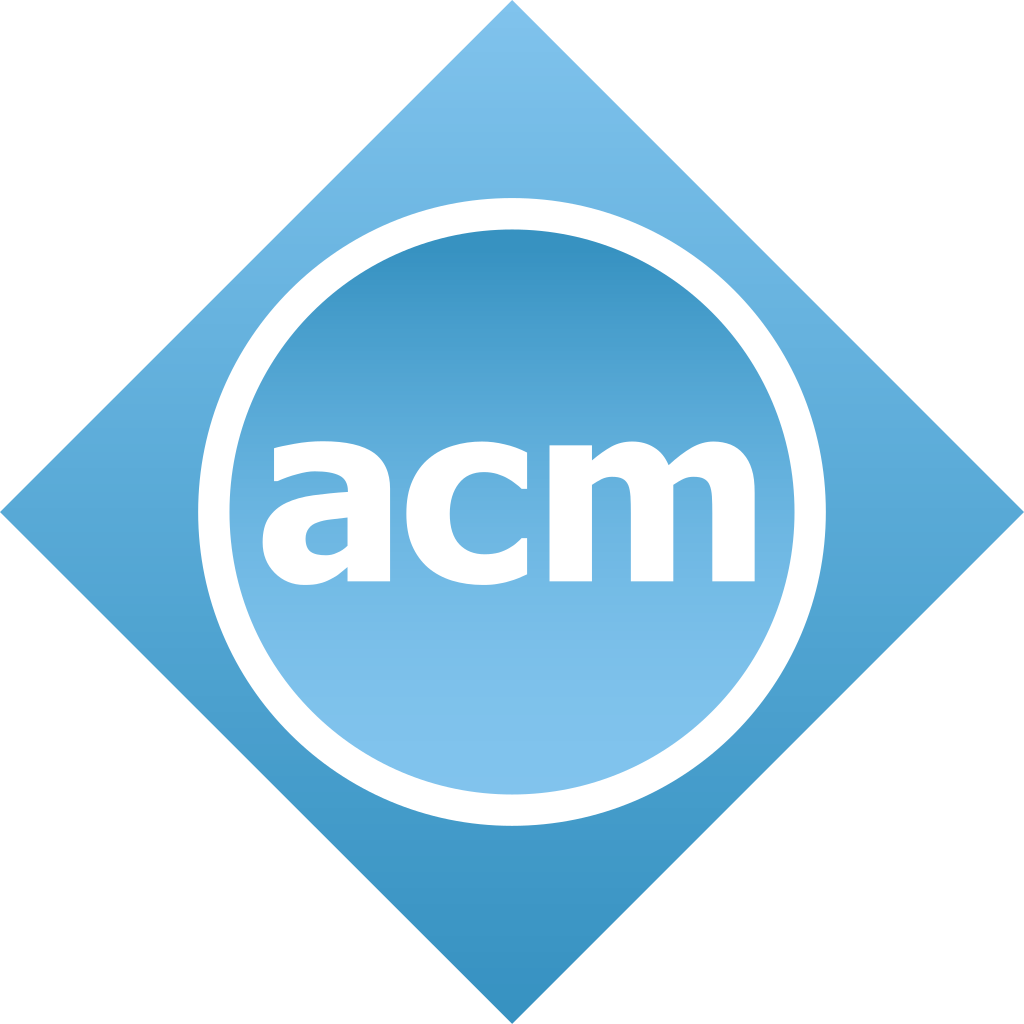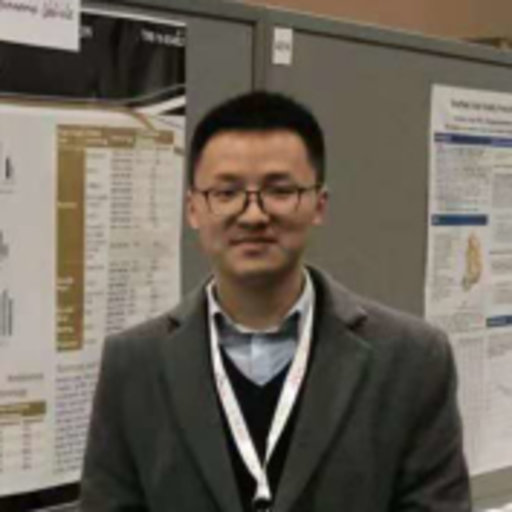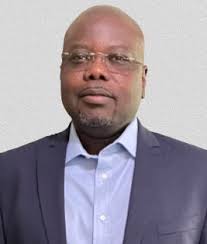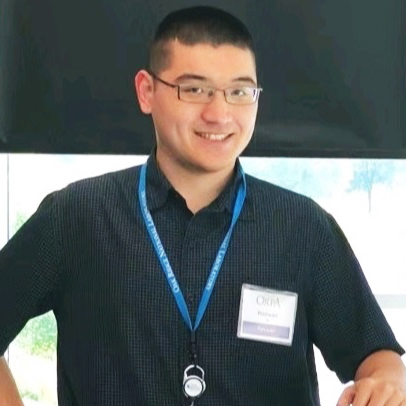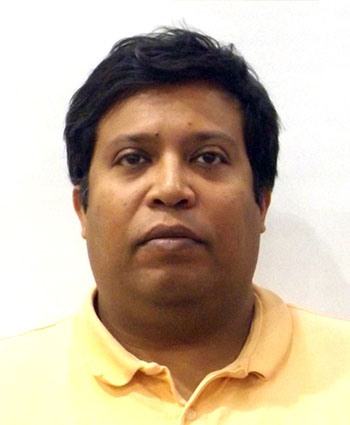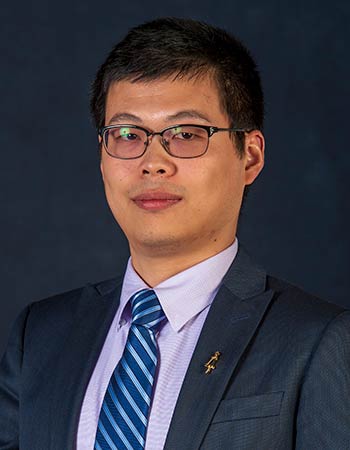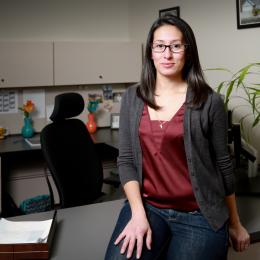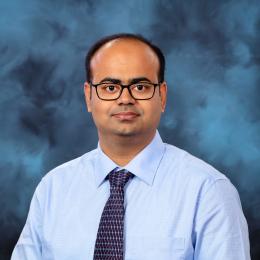The 17th International Workshop on Computational Transportation Science (IWCTS 2024)
Tuesday, October 29, 2024
Program
08:30-08:55 : Breakfast
08:55-09:00 : Opening Remarks
09:00-09:30 : Keynote Speaker
Professor. Yi-Chang James Tsai
Georgia Institute of Technology
09:30-09:50 : Development of Emergency Vehicle Preemption Strategies on Smart Corridors in a Digital Twin Environment
Somdut Roy, Michael Hunter, Abhilasha Saroj, and Angshuman Guin
Somdut Roy, Transportation Planning West - AtkinsRéalis, Denver, Colorado;
Michael Hunter, Georgia Institute of Technology, Atlanta, Georgia;
Abhilasha Saroj, Oak Ridge National Laboratory (ORNL), Oak Ridge, Tennessee;
Angshuman Guin, Georgia Institute of Technology, Atlanta, Georgia
09:50-10:10 : OSM Ticket to Ride
Wenzel Friedsam, University of Innsbruck, Innsbruck, Austria;
Tobias Rupp, University of Stuttgart, Stuttgart, Germany
10:10-10:30 : Clustering-Based Enhanced Ant Colony Optimization for Multi-Trip Vehicle Routing Problem with Heterogeneous Fleet and Time Windows: An Industrial Case Study
Beom Sae (Shawn) Kim, University of Calgary, Calgary, Alberta, Canada;
Arash Mozhdehi, University of Calgary, Calgary, Alberta, Canada;
Yunli Wang, National Research Council, Ottawa, Ontario, Canada;
Sun Sun, National Research Council, Waterloo, Ontario, Canada;
Xin Wang, University of Calgary, Calgary, Alberta, Canada
10:30-10:50 : Towards Pareto-optimality with Multi-level Bi-objective Routing: A Summary of Results
Mingzhou Yang, University of Minnesota, Minneapolis, USA;
Ruolei Zeng, University of Minnesota, Minneapolis, USA;
Arun Sharma, University of Minnesota, Minneapolis, USA;
Shunichi Sawamura, University of Minnesota, Minneapolis, USA;
William F. Northrop, University of Minnesota, Minneapolis, USA;
Shashi Shekhar, University of Minnesota, Minneapolis, USA
10:50-11:00 : Coffee Break
11:00-11:20 : Airport Delay Prediction with Temporal Fusion Transformers
Ke Liu, University of California Berkeley;
Kaijing Ding, University of California Berkeley;
Xi Cheng, University of Illinois Chicago;
Guanhao Xu, Oak Ridge National Laboratory;
Xin Hu, University of Michigan—Ann Arbor;
Tong Liu, University of Illinois Urbana-Champaign;
Siyuan Feng, Hong Kong University of Science and Technology;
Binze Cai, Georgia Institute of Technology;
Jianan Chen, University of British Columbia;
Hui Lin, Northwestern University;
Jilin Song, University of Toronto;
Chen Zhu, Tsinghua University
11:20-11:40 : Embedding Transportation Knowledge Graphs for Enhancing Traffic Prediction Models
Md Mobasshir Rashid, University of Central Florida;
Samiul Hasan, University of Central Florida
11:40-12:00 : Conversational Geographic Question Answering for Route Optimization: An LLM and Continuous Retrieval-Augmented Generation Approach
Jose Tupayachi, University of Tennessee, USA;
Xueping Li, University of Tennessee, USA
12:00-12:10 : Closing Remarks

